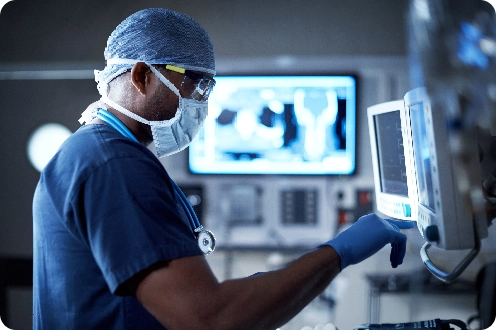Page Not Found
Sorry, the page you attempted to access was not found on this site.
If you were referred to this page from a link found on this site please contact us so that we can correct the problem.
If you were referred from another site, the link is no longer active. Please visit our home page for complete site information.
Other possible causes:
- We recently redesigned portions of the site, so the page may have been moved. Please update your bookmarks accordingly.
- You may have typed its location incorrectly. If you typed the page address in the Address bar, make sure that it is spelled correctly.
- The page may have been temporary in nature, created by parameters you entered on a search page. You will need to re-enter the parameters to recreate the page.
- Return to home page...


